On 6 March 2015, TESEV, TOBB University and ORSAM jointly organized a meeting titled “Armenian Diaspora-Turkey Relations”. Three well-known figures of the Armenian diaspora living in the United States attended the meeting as speakers and delivered their speeches: Prof. Dr. Gerard Libaridian, Dr. Asbed Kotchikian and lawyer Edgar Martirosyan. In the meeting conducted according to Chatham House rules, the audience were able to ask questions and make comments in the short time that was allotted to them. When one analyzes the profile of the speakers and the audience, it gives the impression that organizers and the supporters of the meeting planned to have an attendance that was sympathetic to Armenians views.
Various meetings are being held in Turkey that have opinion leaders of the Armenian diaspora or supporters of Armenian genocide allegations as speakers. In these meetings, attendees freely express their opinions that are in support of Armenian arguments, while those who might voice contrary opinions or people or institutions that might put forth arguments that run counter to the arguments of the aforementioned attendees are kept out of such meetings. In the last three months alone, and in Ankara alone, two important meetings were held with the participation of many Armenian diaspora researchers or people who support Armenian arguments. In such meetings, for example, the following opinions are frequently put forth: that accepting Armenian genocide allegations and “facing” this one-sided historical understanding are indispensable aspects of the struggle for democracy in Turkey, and that Turkish people’s and state’s refusal to accept the genocide allegations make it impossible for Turkey to be a country that is respectful towards democracy and human rights. Organizing such meetings that have only people who support Armenian arguments as speakers, while the rest are in the position of responding or asking questions or are simply an audience, are not productive, since in such meetings only people who support the allegations that a genocide took place are able to freely express their opinions.
To have Turkish or foreign academicians, experts or regular people -who oppose such allegations or who express contrary opinions- put forth their views anywhere outside of Turkey without facing discrimination is nearly impossible. Recognized as one of world’s most important Ottoman historians, the late Prof. Dr. Stanford Shaw was threatened by Armenians and his house was bombed when he said in 1977 in the US that there was no “Armenian genocide”. The pressures he was subjected to coincided with the period in which Armenian terrorist organizations were most active. Such pressures continue today as well in different forms. For example; Prof. Dr. Justin McCarthy is subjected to pressures in every country he goes to outside of Turkey, is attempted to be prevented from giving conferences, and is faced with insults by being labeled as a “denialist”. As a matter of fact, most recently, at the end of 2013 in Australia, the speech he was going to deliver within the academic environment of Melbourne University was completely blocked by the initiatives of the Armenian lobby in Australia. Every available propaganda and pressuring method were used in order to block a meeting that was planned to be held in 27 February in Toronto University that would have Prof. McCarthy again and lawyer Bruce Fein as the speakers. French historian Maxime Gauin, Dutch academician Dr. Armand Sag, American academician Prof. Dr. Michael M. Gunter are only a few of the academicians and historians who face similar pressures. As a matter of fact, the reaction received in Yerevan by Hasan Cemal, who recently published his book titled “1915: Armenian Genocide” and who espouses such views, can be evaluated within this framework as well. Doğu Perinçek’s legal struggle, which started in Switzerland and now continues at the European Court of Human Rights, showcases the vague attitudes towards freedom of thought of not only Armenia, but also of countries that consider themselves to be in the league of democratic countries.
The question that should be asked for example is; can three researchers, who are not sympathetic to Armenians views, be able to express their opinions in Yerevan that the events of 1915 cannot be considered as genocide as freely as Armenians can express their opinions in Turkey? While Armenian views are being given a platform in a single-sided manner even in meetings organized in Turkey with the aim of establishing dialogue between Turks and Armenians, it is clear the same cannot be done for contrary views in Armenia. While Armenians being able to freely express their views is considered to be an exercise of freedom of thought, people who do not espouse such views are considered to be a “denialists” or “racists” and are being subjected to pressures. Let alone furthering Turkish-Armenian dialogue, such a stance constitutes nothing more than a relationship of delivering monologues to the other side. This is a stance that deepens mutual mistrust and incompatibility, and weakens the foundations of the social and political reconciliation that is planned to be built in the future.
© 2009-2025 Center for Eurasian Studies (AVİM) All Rights Reserved
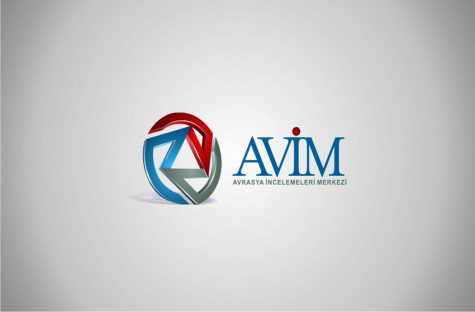
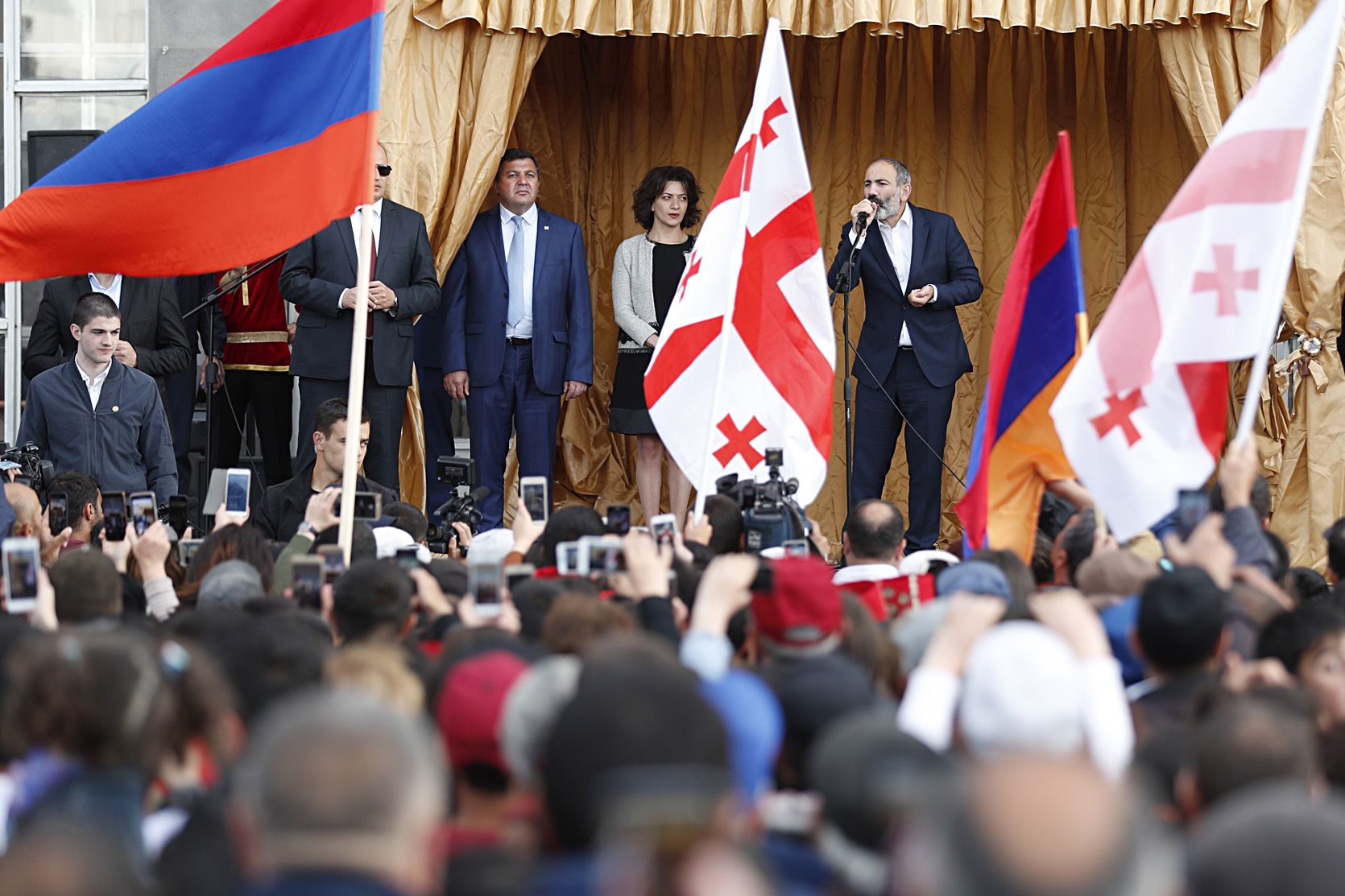 A NEW ERA BETWEEN ARMENIA AND GEORGIA, OR NEW TENSIONS?
A NEW ERA BETWEEN ARMENIA AND GEORGIA, OR NEW TENSIONS?
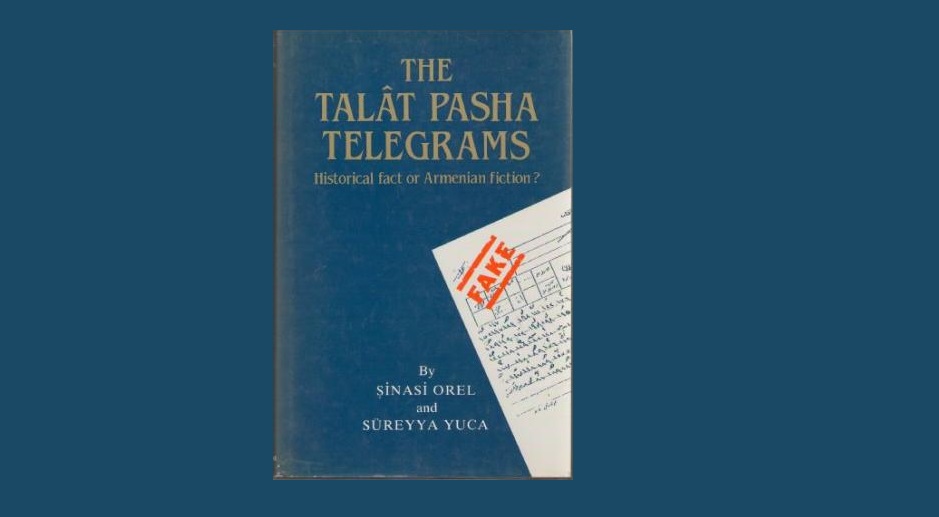 THE CALCULATED DISMANTLEMENT OF ACADEMIC ETHICS: THE CASE OF TANER AKÇAM
THE CALCULATED DISMANTLEMENT OF ACADEMIC ETHICS: THE CASE OF TANER AKÇAM
 CONCERNING A ROUND TABLE MEETING
CONCERNING A ROUND TABLE MEETING
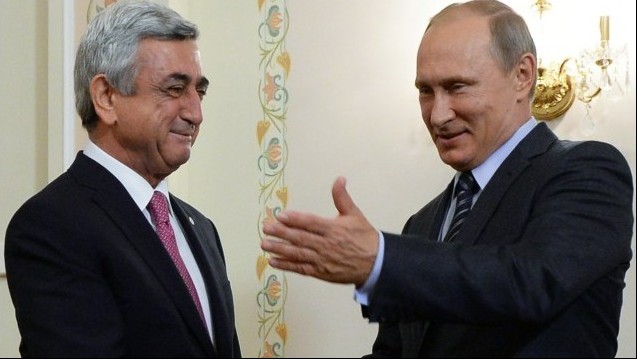 RECENT CHANGES IN ARMENIAN GOVERNMENT
RECENT CHANGES IN ARMENIAN GOVERNMENT
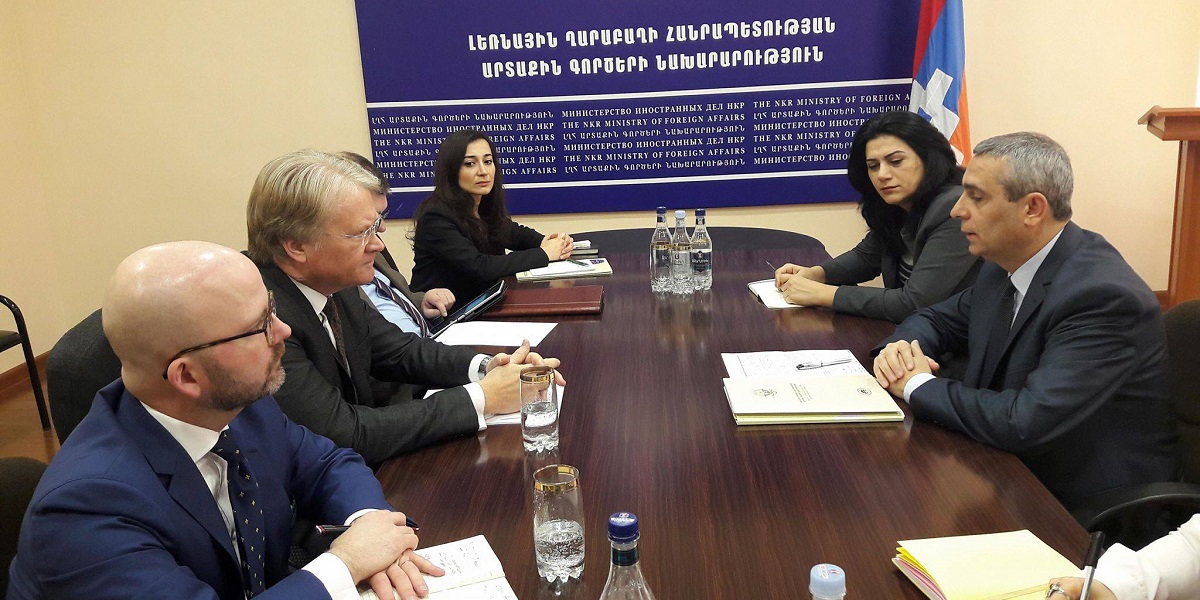 VISIT OF SWEDISH MEMBER OF THE EUROPEAN PARLIAMENT TO KARABAKH: FORGOTTEN MISERY OF AZERBAIJANIS
VISIT OF SWEDISH MEMBER OF THE EUROPEAN PARLIAMENT TO KARABAKH: FORGOTTEN MISERY OF AZERBAIJANIS
 THE LATEST ISSUE OF THE JOURNAL OF INTERNATIONAL CRIMES AND HISTORY HAS BEEN RELEASED.
THE LATEST ISSUE OF THE JOURNAL OF INTERNATIONAL CRIMES AND HISTORY HAS BEEN RELEASED.
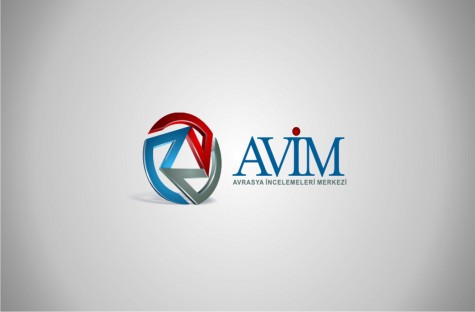 PERSISTING IN THE MISTAKES OF THE PAST
PERSISTING IN THE MISTAKES OF THE PAST




























